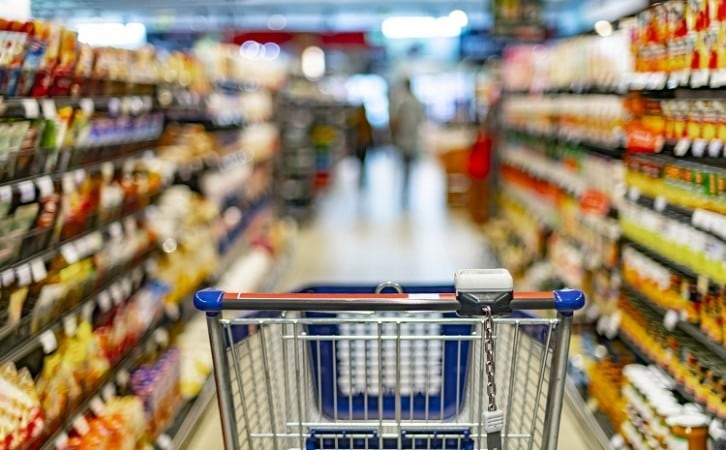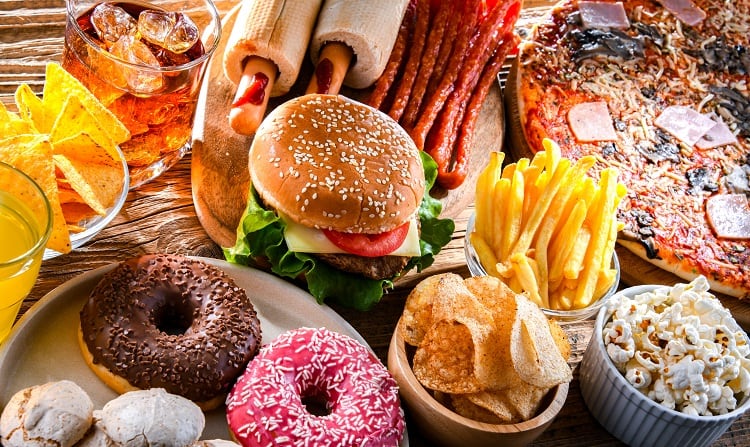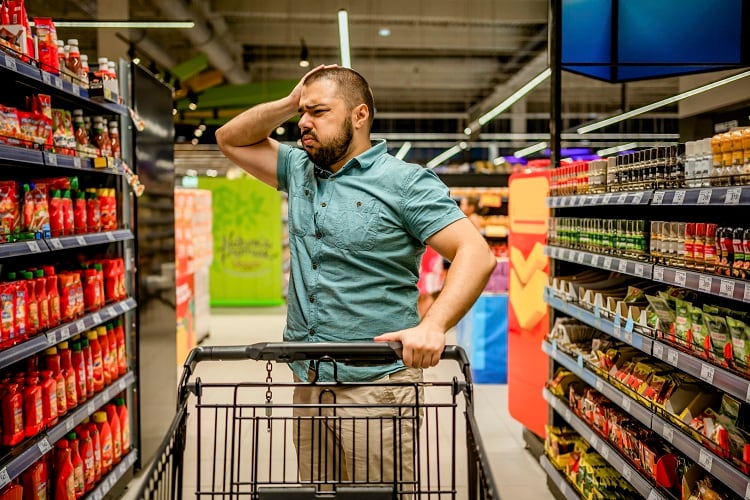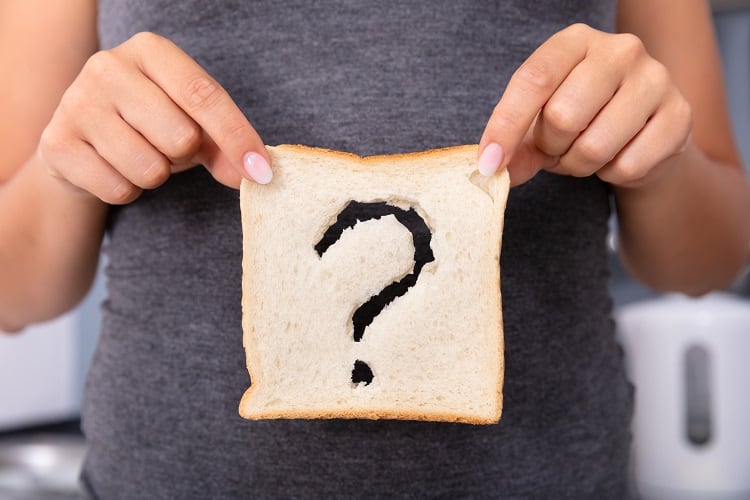In Europe, a massive 2.7m deaths annually are linked to just four major commercial products: ultra-processed food (UPF), alcohol, tobacco, and fossil fuel.
That’s according to the World Health Organization (WHO), which is linking these products – wholly or partly – to almost 7,500 deaths every day across Europe’s 53 states.
At the global level, the estimation is significantly higher: 19m deaths per year, or 34% of all deaths.
In a newly published report, the UN agency attributes these products to risk factors such as unhealthy diets and obesity, which in turn increase the chances of developing non-communicable diseases (NCDs) such as cancer, cardiovascular and chronic respiratory diseases, and diabetes.
But the story is much deeper, and darker, suggests the WHO, which aims to bring to light ‘deceptive’ practices by these industries.
Linking ultra-processed food to non-communicable disease
Zooming in on unhealthy diets, the UN agency estimates that of all deaths attributed to commercial products and practices in the WHO European Region, 1.06% are linked to diets high in processed meat, 2.27% to sodium, 0.14% to sugar-sweetened beverages, and 0.05% to trans fatty acids.
What is ultra-processed food?
There is no fixed definition of ultra-processed food.
However, a common definition comes from Nova, which splits level of processing into four groups: from raw and minimally processed foods; to processed culinary ingredients; processed food; and ultra-processed food.
The World Health Organization has previously backed the use of this definition for ultra-processed food, but others argue against it being employed to assess the nutritional content or value of a food product.
The WHO is not the first to highlight links between poor diets – including UPF consumption – and NCDs. Results from the largest study on UPF to date came to light earlier this year, finding that UPF consumption is linked to a higher risk of adverse health outcomes, especially cardiometabolic, common mental disorder, and mortality outcomes.
But the goal of the WHO’s report is not only to stress industry links with NCDs. The UN agency also wants to raise policymakers’ awareness around the ‘harmful influence of commercial industry’ and to ‘take action to free the policy environment from this influence’.
What ‘deceptive’ practices are at play?
Commercial actors, including those in the food and beverage industry, exploit the concept of inequities to defend themselves against public health policies, such as increasing taxes on harmful products or regulating their marketing, contends the WHO.
The UN agency also believes that marketing – including pricing – is being used to drive inappropriate consumption of such products in vulnerable population subgroups who are ‘specifically targeted’.
“This includes, for example, reshaping environments so that, in some areas, particularly deprived areas, it can be hard to access healthy food,” note the report authors.

Food and beverage players also ‘deny responsibility’ and ‘shift the blame to individuals’. The report quotes PepsiCo’s chief executive, who said: “If all consumers exercised, did what they had to do, the problem of obesity wouldn’t exist.”
Such a statement fails to acknowledge the scale of the problem, suggests the WHO, with 53% of the world’s population living with overweight or obesity.
“Defining individuals as the problem means that those least responsible for the choices available to them, including the unhealthy environments in which they live or work, are paradoxically blamed as the cause of NCDs and burdened with the greatest responsibility for addressing them.”
How does WHO want European governments to respond?
The WHO wants European governments to protect the public from harmful products and marketing, and protect health policy from industry interference, with policy.
“Industry tactics include exploitation of vulnerable people through targeted marketing strategies, misleading consumers and making false claims about the benefits of their products or their environmental credentials,” says Dr Hans Henri P. Kluge, WHO Regional Director for Europe.
“These tactics threaten public health gains of the past century and prevent countries from reaching their health targets.”
Stronger regulations must be enforced, contends the WHO. Areas requiring legislative attention include:
- Marketing of health-harming products
- Monopolistic practices
- Transparency, lobbying, funding and conflicts of interest
- Taxation of multinational corporations
- Job security and labour conditions
- Exploitation of vulnerable populations during crises
- Funding and support for civil society organisations to ensure their independents.
These issues will not be solved overnight, suggests Dr Gauden Galea, strategic advisor to the regional director on Non-Communicable Diseases and Innovation at the WHO Regional Office for Europe.
“This is a long-term effort that requires political will, first and foremost. We clearly see how big industry behaviour adversely affects public health and creates unnecessary sickness and suffering…
“It will require all our efforts – Member States, civil society, academia and international organisations – to shield public policy and protect future generations from preventable chronic diseases.”
Industry argues against demonisation of UPF
Food and beverage manufacturers take issue with the WHO’s stance, describing the report findings as ‘misleading’.
“To connect the consumption of processed foods with the tobacco and fossil fuel industries is irresponsible and outrageously misleading,” says Rebecca Fernández, science director at FoodDrinkEurope (FDE), a trade association representing food and beverage manufacturers across Europe.
“We all need food – and we all need processed food.”
FDE’s major concern is that the WHO report does not acknowledge there is no agreed definition on ultra-processed foods. There is also no consensus on the impact of UPF on health.

This is suggested by a 2023 study linking ultra-processed food – but not bread or breakfast cereals – to multimorbidity. Nova critics contend that its classification is too broad, and that not all ultra-processed food (for example packaged bread and breakfast cereals) is unhealthy.
The healthiness of a product should rely on its nutritional components, rather than its degree of processing, stresses FDE’s Fernández.
“Well-established food nutrition science the world over tells us that the best way to tackle obesity and non-communicable diseases is to focus on the nutrition content of a food and how often you consume it, in conjunction with what type of lifestyle you lead.”





